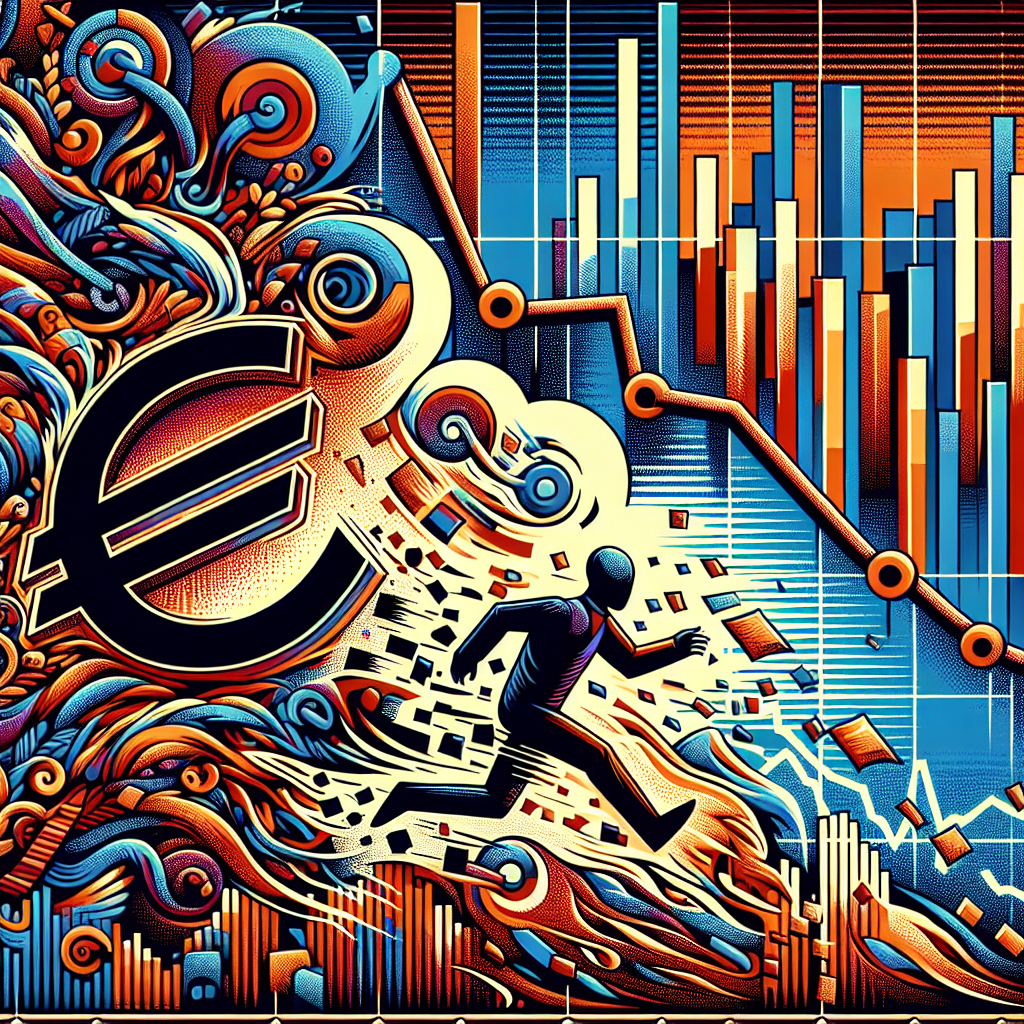Tag: Global Finance
Not too long ago, the Euro was seen as a rising challenger to the US Dollar, but the ...
The Japanese government is weighing a novel proposal, one that could potentially revolutionize the way nations perceive cryptocurrencies. ...





